Related Research Articles
The Labour Party of Scotland was a minor Scottish nationalist political party that was active in the early 1970s. Formed as a left-wing breakaway from Dundee's branch of the Scottish National Party (SNP), it is perhaps best known for standing in the Dundee East by-election of 1973, where its interference split the nationalist vote and probably cost the SNP a parliamentary seat as a result. The party contested elections to Dundee City Council two months later but was ultimately unsuccessful. It folded soon after, and by early 1974 most of its membership had returned to the SNP, whose campaigns on North Sea oil were proving popular with Scotland's urban electorate. It never had any official political representation.
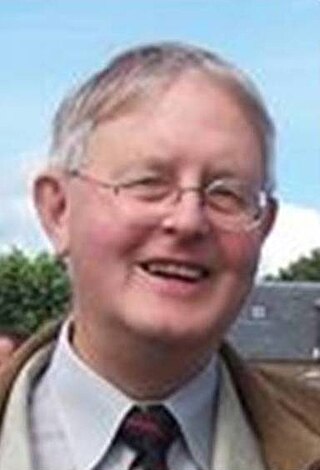
Robert Gordon Wilson was a Scottish politician and solicitor. He was the leader of the Scottish National Party (SNP) from 1979 to 1990, and was SNP Member of Parliament (MP) for Dundee East from 1974 to 1987. He was Rector of the University of Dundee from 1983 to 1986.
Politics in the Dundee Citycouncil area are evident in the deliberations and decisions of Dundee City Council, in elections to the council, and in elections to the Scottish Parliament (Holyrood) and the House of Commons of the Parliament of the United Kingdom (Westminster).
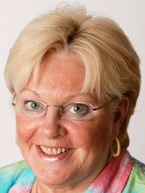
The 1973 Glasgow Govan by-election was held on 8 November 1973, following the death of John Rankin, Labour Party Member of Parliament for the Glasgow Govan constituency. Rankin had died one month earlier, on 8 October 1973. Rankin had held the seat since 1955. With the exception of a narrow Conservative victory in 1950, the seat had been solidly Labour-held since 1918. For the by-election the Labour Party nominated Harry Selby, a veteran activist in Glasgow and a former Trotskyist. It was later reported that Selby's selection had been controversial with some Labour members who felt that at the age of 61 he was too old to be starting a parliamentary career.

The 2011 Scottish Parliament election was held on Thursday, 5 May 2011 to elect 129 members to the Scottish Parliament.

The 2007 Scottish Parliament election was held on Thursday 3 May 2007 to elect members to the Scottish Parliament. It was the third general election to the devolved Scottish Parliament since it was created in 1999. Local elections in Scotland fell on the same day.
The 1973 Dundee East by-election, in Scotland, was held on 1 March 1973. It was one of three UK parliamentary by-elections held on that day. It was caused by the appointment of George Thomson as a European commissioner. George Machin retained the seat for Labour, but only narrowly. There was a strong showing by the Scottish National Party, which prefigured their serious breakthrough at the Govan by-election later in the year, and the two general elections of 1974.
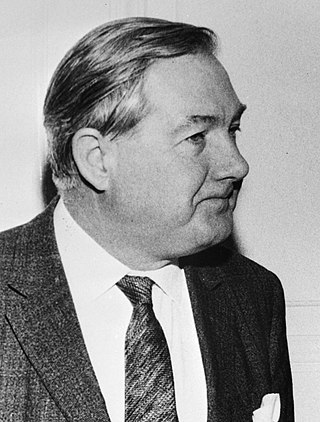
Elections for the Scottish district councils were held in 1977.

The 2012 Scottish local elections were held on 3 May 2012 in all 32 local authorities. The Scottish National Party (SNP) overtook Labour to win the highest share of the vote, and retained and strengthened its position as the party with most councillors. Labour also made gains, while the Liberal Democrats experienced meltdown, losing over half their seats and falling behind the Conservatives. For the first time since the introduction of the Single Transferable Vote system, the SNP won majority control of 2 councils, from no overall control. Labour also won majority control of 2 councils from no overall control, while retaining majority control over 2 councils.

Regional elections were held in Scotland on Thursday 6 May 1982, as part of the wider 1982 United Kingdom local elections. Whilst the 1982 elections saw the Conservatives hold up relatively well in England, the Tories did comparatively poorly in Scotland, where their already disadvantageous position worsened. The Conservatives did particularly poorly in Strathclyde, where the Conservative group leader lost his seat.

Elections for the Scottish district councils were held in 1980.

Elections to Strathclyde Regional Council were held on Thursday 6 May 1982, on the same day as the eight other Scottish regional elections. This was the third election to the regional council following the local government reforms in the 1970s.

The 2017 Scottish local elections were held on Thursday 4 May, in all 32 local authorities. The SNP retained its position as the largest party in terms of votes and councillors, despite suffering minor losses. The Conservatives made gains and displaced Labour as the second largest party, while the Liberal Democrats suffered a net loss of councillors despite increasing their share of the vote. Minor parties and independents polled well; and independent councillors retained majority control over the three island councils. For the first time since the local government reforms in 1995, all mainland councils fell under no overall control.
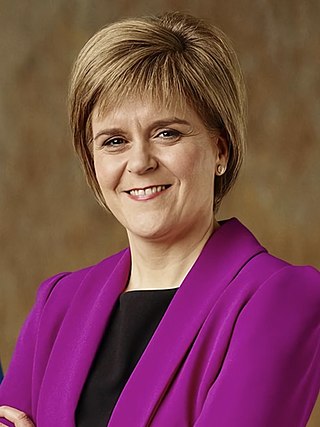
A general election was held in the United Kingdom on 7 May 2015 and all 59 seats in Scotland were contested under the first-past-the-post, single-member district electoral system. Unlike the 2010 general election, where no seats changed party, the Scottish National Party (SNP) won all but three seats in Scotland, gaining a total of 56 seats. The SNP received what remains the largest number of votes gained by a single political party in a United Kingdom general election in Scotland in British history, breaking the previous record set by the Labour Party in 1964 and taking the largest share of the Scottish vote in sixty years, at approximately 50 per cent.
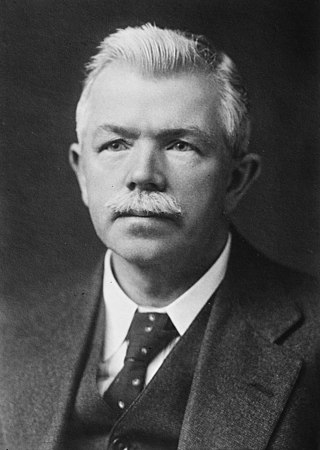
A general election was held in the United Kingdom on 15 November 1922. Of the 74 seats representing Scotland, 71 seats represented burgh and county constituencies contested under the first past the post electoral system, and 3 represented the Combined Scottish Universities multi-member University constituency, which used the Single Transferable Vote (STV) method. As voters in university constituencies voted under a different system, and in addition to their territorial vote, the results are compiled separately.
Elections for the City of Edinburgh District Council took place on 3 May 1977, alongside elections to the councils of Scotland's various other districts. These were the second election to the City of Edinburgh District Council. Conservatives won a majority with 34 of the Council's 64 seats. Across Scotland the elections saw the Conservatives and SNP make gains, while Labour lost seats. The Glasgow Herald said the Conservatives gaining control of Edinburgh District Council "crowned" what was "a night of considerable success" for the party.
Local elections took place in Scotland on 2 May 1972.
Local elections were held in Scotland in May 1969. The turnout was one of the lowest on record, due to heavy rain and television coverage of the Scotland-Northern Ireland International football match at Hampden Park, Glasgow.
The 1980 City of Glasgow District Council election took place on 1 May 1980, alongside elections to the councils of Scotland's various other districts. This was the third election to the City of Glasgow District Council.

A general election was held in the United Kingdom on Thursday 8 June 2017; all 59 seats in Scotland were contested under the first-past-the-post electoral system.
References
- The Economist, article dated 8 May 1971[ full citation needed ]
- The Glasgow Herald - May 5, 1971 [ full citation needed ]